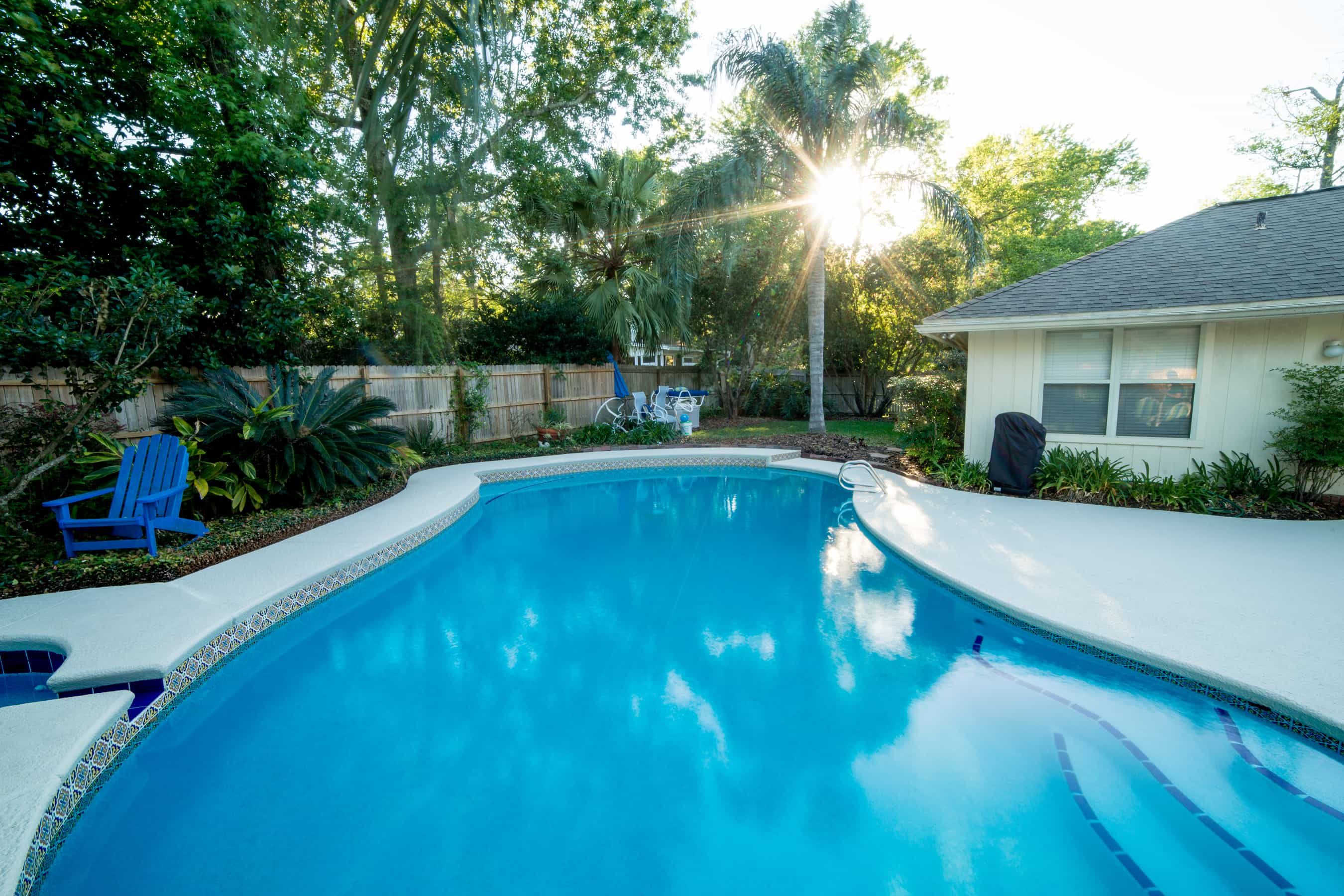Everything You Need to Know About Pool Inspections

So you just built a beautiful new home with a beautiful new pool. That’s fantastic, but what’s your next move? Chances are you want to make sure it’s not too good to be true right? Sure everything looks perfect but what’s the catch? What’s behind these pristine walls, and above the chandelier-clad ceiling? If this is how your thinking, chances are you’ll be glad to know by law new construction must be inspected. Just as important as your home inspection is your pool inspection. Admittingly it’s tempting to stare at the pool and shrug it off saying, “eh, it looks fine to me” I mean it is just a hole in the ground filled with water, right? Wrong! Pools are complicated structures and while here at Florida Luxury Pools we make sure the pools we construct are constructed cautiously with the best possible materials, inspections are a necessary precaution. We get a lot of questions about inspections and unless you’ve built a pool before, you probably aren’t exactly sure what an inspection entails. Luckily you’re in the right place and we’ve prepared for you a guide so you’ll know what to expect when it’s time for your pool inspection:
First Steps:
The purpose of an inspection is to ensure your new pool meets certain expectations outlined by your City government to deem the pool “safe” by their standards. If you meet these standards, you earn a permit. Not registering your swimming pool with a permit is unlawful so if you just built a swimming pool you will be going through this process. The best place to start is searching the web for your cities inspections page and reading through how their process works as it differs from city to city. Usually, through a simple phone call, you are able to schedule an appointment with an inspector through the city. On the occasion you have to find your own inspector, inquiring with the American Society of Homeowners should open you up to a list of qualified pool inspectors in your area. Before the inspection, there are a few things you will want to make sure get done. Here is a good outline:
Communicate and make a checklist: No matter how involved you are with the construction of your pool it’s always good to know what’s going on. Establish good communication with the crew and find out what you can do to help prepare for inspection. Whether it’s just scheduling the meeting or physically assisting you will be apart of the process eventually so find out exactly to what extent you need to be involved.
Paper Work: The least exciting part of bringing your pool into fruition is the paperwork but alas it must be done. Before you have even submitted an inspection request you and your construction crew must submit the permit for the construction as well as a Notice of Commencement. Once your inspection is approved and scheduled, all of the construction documents should be prepared and ready to present to the inspector.
Rules and Requirements:
Luckily it’s pretty easy to read up on the very specific requirements a pool in Jacksonville Florida must adhere to. We could fill up a few pages in this blog on all the details but more efficiently we’ll go ahead and drop the link to the exact Florida Statute and building Code that outlines everything you need to know: Florida Statute Title XXXIII Chapter 515 – Residential Swimming Pool Safety Act and the Florida Swimming Pool Building Code. If your company has just built a commercial swimming pool, here’s the link for that as well. The main focus of this legislation is to make sure every pool is as safe as possible for all of its users. That being said, regulation covers not only the condition of the pool itself but the safety features around it. As outlined in chapter 515, you must have one of the following: a pool gate, pool cover, and or pool alarm. We strongly recommend to read through this legislation in full yourself as the information is important and there are distinct differences in regulation in different locations. For instance, in Atlantic Beach, your residential swimming pool can take up 49% of your lot but right next door in Jacksonville Beach your pool can only take up 35%.
Takeaways:
Hopefully, you are reading this because you are thinking about bringing a pool into your life and if we’re lucky, let us be a part of that amazing process we fell in love with. Even if you’ve hired pool builders that you trust are putting their best foot forward for you, it’s important to understand the processes you are apart of and the regulations put in place. The best way to do this is through transparent communication with your pool company as well as self-education.
